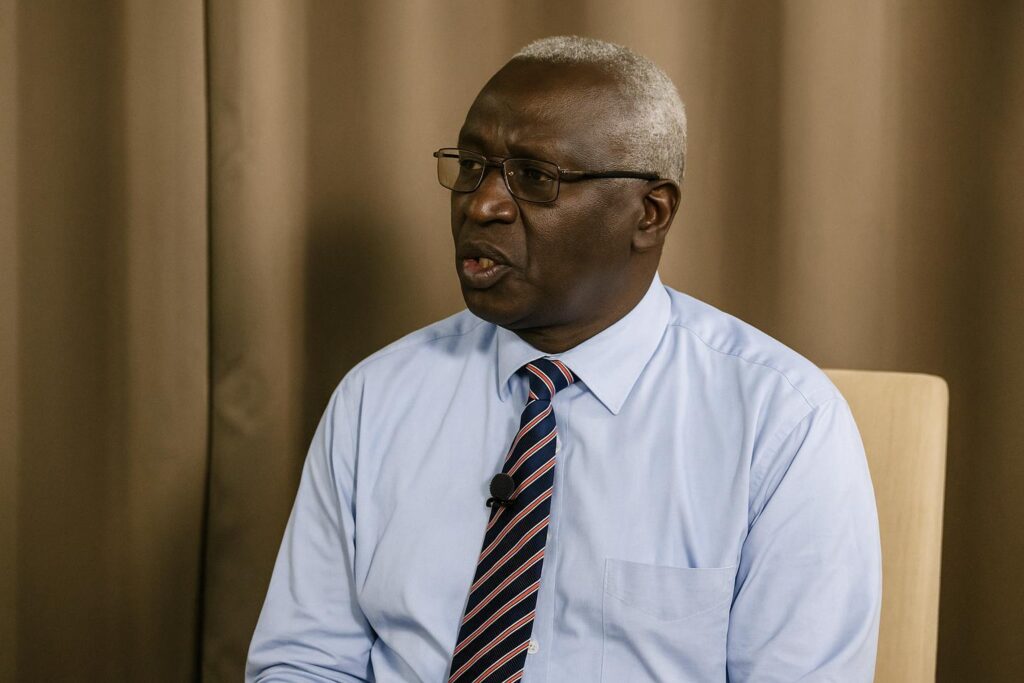Assembly Fast-Tracks Four Accords
The Transitional National Legislative Assembly endorsed four bilateral memoranda covering visa exemptions, aviation links, investment promotion and double-taxation relief during an extraordinary sitting last week. Leaders framing the vote said the pacts with the United Arab Emirates could unlock capital, tourists and badly needed non-oil revenue.
Veteran MP Voices Alarm
SPLM parliamentarian Atem Garang de Kuek dissented, warning that the agreements, some drafted a decade ago, no longer match South Sudan’s fragile security and economic realities. “They are against our interest as a nation,” he told colleagues, describing the documents as “elite illusions” lacking tangible dividends for citizens.
Kuek argued that rapid ratification prevented lawmakers from conducting cost-benefit analysis or consulting independent experts. He called for fresh negotiations reflecting post-2019 regional shifts, including Sudan’s political upheavals and evolving Gulf investment patterns.
Government Counters Critique
Finance ministry officials maintain that reciprocity on visas will boost trade missions, while double-taxation avoidance reassures investors eyeing agriculture, logistics and renewable energy. One senior adviser said, “Every clause was vetted by our legal bureau; the deals protect sovereignty and widen options beyond oil.”
Proponents further point to Emirati carriers’ interest in Juba routes, arguing improved connectivity could lower freight costs and attract regional conferences.
Regional Stakes in a Changing Horn
Gulf states have steadily expanded footprints across the Horn of Africa, financing ports, farms and free zones. Analysts note that South Sudan, land-locked and rebuilding, seeks similar partnerships but must balance speed with transparency to avoid public scepticism witnessed in neighbouring deals.
Follow-Up Promises and Civil Watch
The assembly’s speaker has promised a follow-up briefing session where ministries will present implementation roadmaps and anticipated revenue projections. Civil society groups say the moment offers a chance to institutionalise impact assessments before any future bilateral accord reaches the floor.


